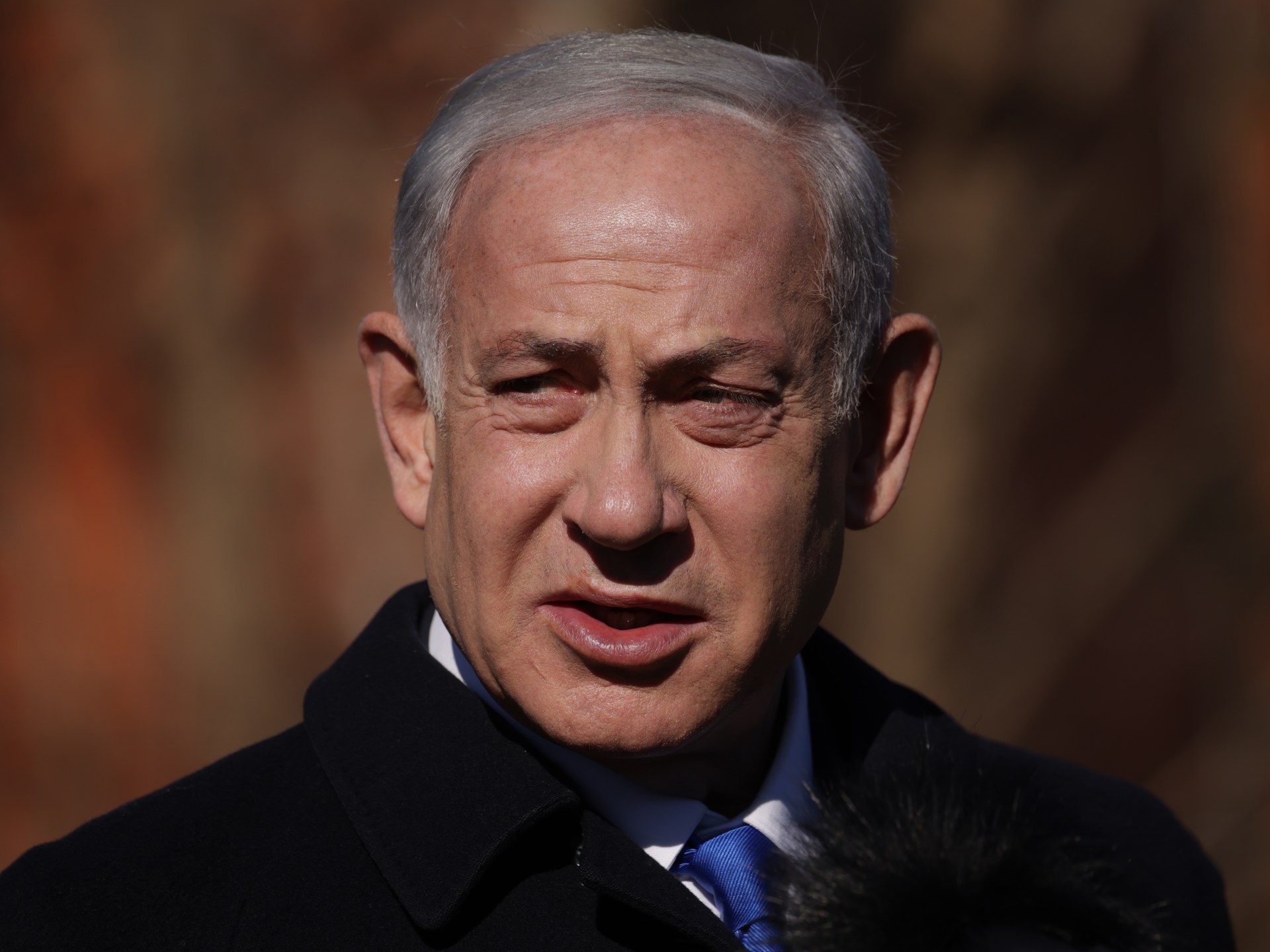Israeli Prime Minister Benjamin Netanyahu is mired in trouble and floundering in launching initiatives to revive his power, a British military historian and writer said, adding that one of his top options is for his air force to launch a strike on Iran.
He added that if there is one issue that unites a "divided nation" (referring to Israel) it is its conviction that Iran's possession of a nuclear bomb represents a threat beyond the capacity of the occupying state.
Risks of Attack on Iran
British historian Max Hastings believes that an attack on Iran's nuclear facilities would precipitate a regional, if not global, crisis, "but Netanyahu has shown time and again that he puts his personal political interest above all other interests," making a military strike logical for some Israelis.
However, such an act will not achieve a decisive result, Hastings writes in The Times. That's because, he says, Iran is on the cusp of becoming a nuclear state. He cites a recent statement by Chuck Freilich, Israel's former deputy national security adviser, that military action is no longer an option to eliminate Iran's nuclear program, and waving it is nothing more than a gain of time.
The British historian quoted an Israeli citizen as a defense insider as saying that any credible option to destroy Iran's nuclear capabilities no longer exists.
Iran in the footsteps of North Korea
The Times article goes on to argue that Tehran's defiance of the West is following in North Korea's nuclear program, and whatever its provocation, its regime will remain apparently "impregnable."
The Iranians believe that once they pose a credible nuclear threat, they will be safe from Israeli or American attack.
Is Israel, given these facts, forced to live with a nuclear Iran?
Hastings responds that, in theory, there is no reason why "nuclear" Israel and Iran cannot coexist in a "balance of terror," as India, Pakistan, China, Russia, and the United States do.
No stability in the Middle East
Not only is there a "at least" rapprochement between Iran and Saudi Arabia, but the Arab world is once again beginning to deal with Syrian President Bashar al-Assad.
He described Turkish intentions as "fluid" and Gulf states' loyalties to the West as "volatile," adding that all powers in the Middle East see a refusal to take sides in the confrontation between the West and giant authoritarian regimes as their "interest."
Hastings believes Iran has found itself coping well with Western sanctions thanks to its alliance with Russia and China.
Don't care about American and Israeli anger
Iran does not care about Israeli and American anger over its nuclear program, he said, as it remembers what happened to Iraq in 2003, which did not continue to build nuclear weapons for fear of provoking an attack on it.
The British historian concludes that Iran may continue to use the threat of nuclear armament as a bargaining tool, rather than taking the final step.

